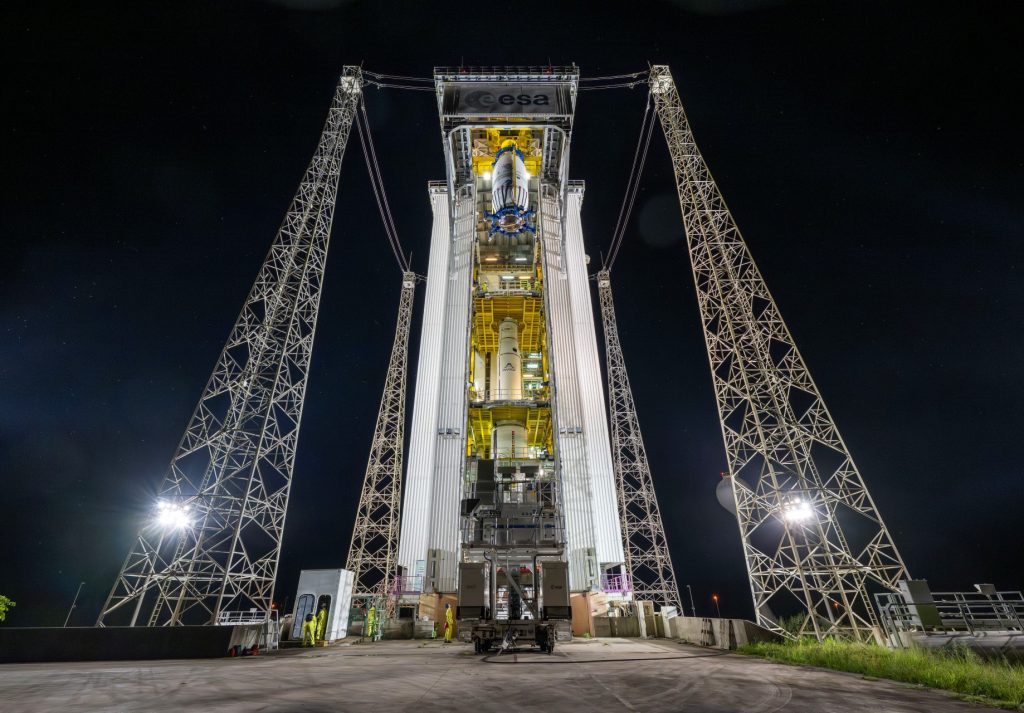A new UK-backed satellite that will transform global efforts to monitor carbon dioxide emissions has launched into space.
MicroCarb, Europe’s first dedicated CO₂ monitoring satellite, lifted off aboard a Vega-C rocket from French Guiana and will now begin its mission to map emissions with unprecedented accuracy.
Developed in partnership with the French space agency CNES, and supported by £15m from the UK Space Agency, MicroCarb will orbit 650km above Earth, using advanced city-scanning technology to track urban CO₂ emissions at a resolution of 2km by 2km. Cities account for over 70% of global emissions, making this data vital for tracking progress toward climate targets.
The satellite will also monitor carbon sinks like forests and oceans, and measure Solar Induced Fluorescence (SIF) – a key signal of how much carbon is being absorbed by plants. Its data will inform climate policy, improve national carbon inventories, and support future net zero strategies.
MicroCarb is part of the international greenhouse gas constellation of satellites and represents a major milestone in UK-French scientific cooperation. UK scientists and engineers played a leading role in the mission, including contributions from the National Physical Laboratory, Thales Alenia Space, RAL Space, GMV, and academic partners from the National Centre for Earth Observation.
The mission is expected to deliver its first data products within a year, helping hold nations accountable to the Paris Agreement and supporting future UK-led Earth observation programmes.
For more articles like this, visit our Sustainability channel




